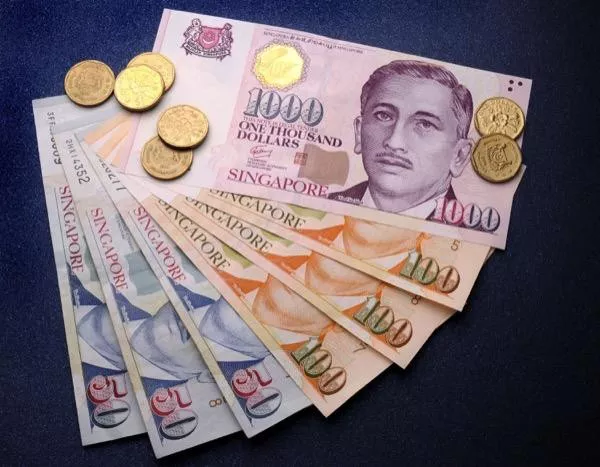Singapore is a thriving economic hub situated in Southeast Asia, known for its strict laws and regulations, modern infrastructure, and multicultural society. As a global financial center, Singapore boasts a stable and vibrant currency that plays a vital role in the country’s success. In this article, we will explore what the currency of Singapore is, its history, and its significance in the global marketplace.
The official currency of Singapore is the Singapore dollar (SGD). It is also known as the Singdollar or simply the dollar and is abbreviated as S$ to differentiate it from other currencies with the same symbol. The SGD is issued by the Monetary Authority of Singapore (MAS), which is the central bank of Singapore, responsible for regulating the country’s financial sector.
History of the Singapore Dollar:
The history of the SGD dates back to 1965 when Singapore gained independence from Malaysia. Prior to that, both countries shared a common currency called the Malayan dollar, which was issued by the Board of Commissioners of Currency, Malaya and British Borneo. However, following the separation, Singapore decided to issue its currency to meet its economic needs. In 1967, the first series of Singapore coins and banknotes were introduced, and the new currency was pegged to the US dollar at a rate of S$1 = US$0.387.
Over the years, the SGD has undergone several changes due to various economic and political factors. In 1973, Singapore switched to a managed float system, allowing its currency to fluctuate against other major currencies based on market demand and supply. In 1985, the SGD was revalued against the US dollar, leading to an appreciation of around 10 percent. This move was made to combat inflation, which was becoming a significant concern at the time. In 2002, the SGD was again revalued against a basket of currencies, including the US dollar, Euro, and Japanese yen, to better reflect the country’s economic ties with its trading partners.
Features of the Singapore Dollar:
The SGD is a fully convertible currency, which means that it can be freely traded in international markets, and there are no restrictions on converting it into other currencies. This feature makes the SGD an attractive currency for international investors and businesses looking to invest in Singapore. Additionally, the SGD is widely accepted as a mode of payment in the country, and most transactions, including those involving government services and utilities, are conducted in SGD.
Another notable feature of the SGD is its stability. Singapore’s sound economic policies and prudent fiscal management have helped maintain the value of the SGD over the years, making it one of the most stable currencies in the world. Moreover, the MAS employs a managed float exchange rate system, which allows it to intervene in the foreign exchange market to prevent any significant fluctuations in the SGD’s value against other major currencies.
Significance of the Singapore Dollar:
The importance of the SGD extends beyond Singapore’s borders. As a global financial center, Singapore attracts a significant amount of foreign investment, and the SGD plays a crucial role in facilitating these investments. Many multinational corporations use Singapore as a hub for their operations in the Asia-Pacific region, and the widespread use of the SGD in the country has made it a preferred currency for settling trade and financial transactions.
Furthermore, the SGD is included in the International Monetary Fund’s (IMF) Special Drawing Rights (SDR) basket, which comprises the world’s major reserve currencies. This inclusion reflects the growing importance of the SGD in the global economy and highlights Singapore’s status as a key player in international finance.
Conclusion:
In conclusion, the Singapore dollar is the official currency of Singapore and is issued by the Monetary Authority of Singapore. Its history dates back to 1965 when Singapore gained independence from Malaysia, and it has since undergone several changes due to various economic and political factors. The SGD is fully convertible, stable, and widely accepted in the country, making it an attractive currency for international investors and businesses. Its significance extends beyond Singapore’s borders, as it plays a crucial role in facilitating foreign investments and settling trade and financial transactions. As Singapore continues to expand its presence in the global marketplace, the importance of the SGD is likely to increase, further cementing its position as one of the world’s most stable and valuable currencies.


